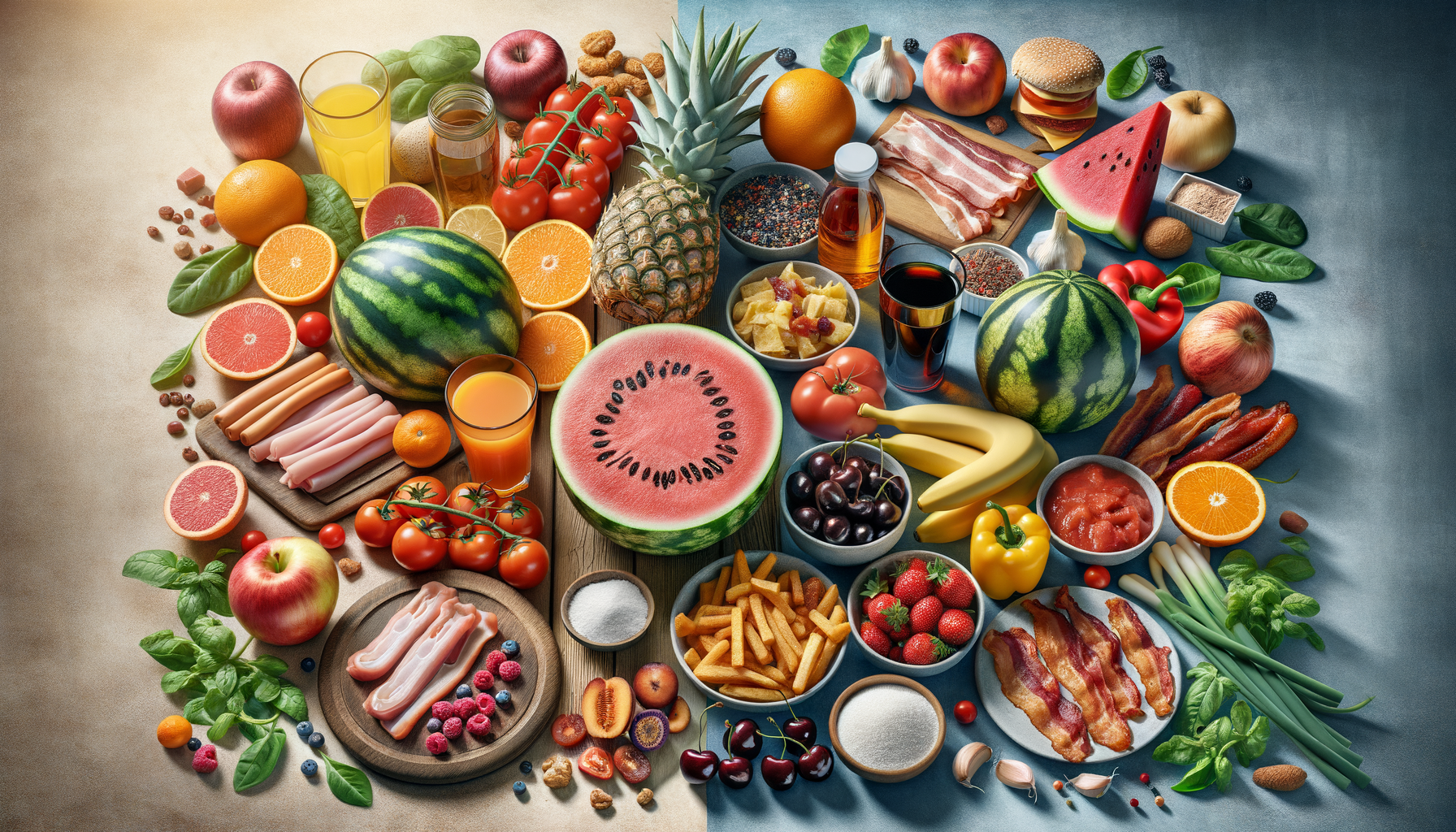
Learn About Foods That Can Help Erectile Dysfunction and What to Avoid
Understanding Erectile Dysfunction
Erectile dysfunction (ED) is a common condition that affects a significant number of men worldwide. It is characterized by the inability to achieve or maintain an erection sufficient for satisfactory sexual performance. While occasional difficulty with erections is not unusual, persistent ED can be a source of stress and impact self-esteem and relationships. Understanding the underlying causes is crucial for effective management. ED can result from physical issues such as heart disease, diabetes, obesity, and low testosterone levels. Psychological factors like stress, anxiety, and depression also play a role. Additionally, lifestyle choices such as smoking, excessive alcohol consumption, and lack of exercise can contribute to the condition.
Dietary Changes and Their Impact
Diet plays a pivotal role in managing erectile dysfunction. A balanced diet that supports cardiovascular health can improve blood flow, which is essential for erectile function. Foods rich in flavonoids, such as berries, citrus fruits, and dark chocolate, have been linked to improved ED symptoms. These foods help improve circulation and reduce inflammation. Omega-3 fatty acids found in fish like salmon and mackerel are also beneficial as they support heart health and enhance blood flow. On the other hand, a diet high in processed foods, sugars, and unhealthy fats can exacerbate ED symptoms. Reducing intake of these foods and focusing on whole, nutrient-dense options can make a significant difference.
Foods to Include for Better Results
Incorporating specific foods into your diet can aid in managing erectile dysfunction. Leafy greens, such as spinach and kale, are rich in nitrates, which help improve blood flow. Nuts, particularly almonds and walnuts, provide essential nutrients that support vascular health. Additionally, whole grains like oats and barley are beneficial for maintaining a healthy weight and reducing cholesterol levels. These foods contribute to overall cardiovascular health, which is closely linked to erectile function. Including these in your daily meals can be a proactive step towards managing ED.
Foods to Avoid
Just as certain foods can support erectile health, others can have a negative impact. High-sugar foods and beverages can lead to weight gain and insulin resistance, both of which are risk factors for ED. Processed meats and foods high in trans fats can increase inflammation and reduce blood flow, worsening ED symptoms. Additionally, excessive alcohol intake can interfere with the body’s ability to achieve an erection. Moderation is key, and being mindful of these dietary choices can help manage and even improve erectile dysfunction symptoms over time.
Conclusion: Empowering Choices for Better Health
Addressing erectile dysfunction through dietary changes is a natural and effective approach that can complement medical treatments. By focusing on heart-healthy foods and avoiding those that negatively impact vascular health, individuals can take control of their condition and improve their quality of life. As with any health-related issue, consulting with a healthcare provider is crucial to tailor a plan that suits individual needs. Empowering oneself with knowledge and making informed dietary choices can lead to significant improvements in managing erectile dysfunction.